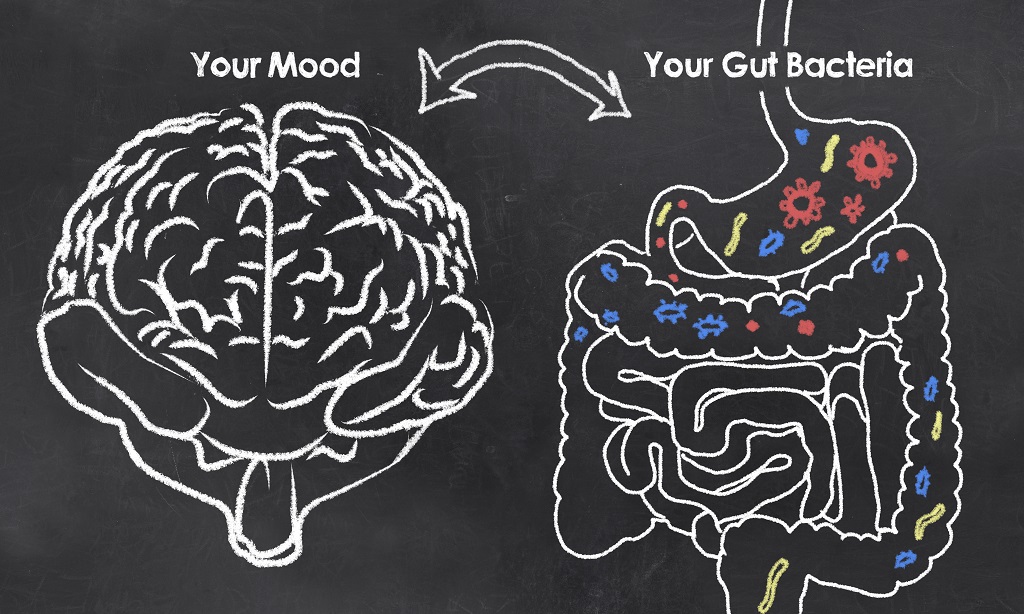It might sound far-fetched, but our overall health and wellness balances on the health of our gut – or lack thereof. How is that possible? Well, to understand the intricate impacts of our gut on our health, we first need to understand that our gut is made up of trillions of different types of bacteria, often referred to as gut flora or gut microbiota. From digestion to energy to brain function, heart function and immune system function, this gut bacteria can do you a world of good, or contribute to a great deal of harm. We’ve rounded up a few different ways that our guts affect our health below:
Digestive Health
Let’s start with a simple one: the health of your gut has a very direct link to your digestive function. When your gut is full of healthy, good bacteria, it aids digestion and enables nutrient absorption. When it is full of bad and unhealthy bacteria (or it simply becomes unbalanced), you can experience a great deal of gastrointestinal issues including irritable bowel syndrome and Crohn’s disease.
Metabolism
The health of our guts is directly linked to our metabolism – meaning weight gain, obesity and diabetes is often linked to our gut flora, too. What can’t this pesky bacteria do? When our gut levels become unbalanced, we are at risk of getting diabetes or becoming obese.
Brain Health
The connection between our brains and our guts has been a hot topic over the past few years, with mental health experts flagging the fickle balancing act of gut flora as a way to conquer depression and anxiety. The brain and gut send signals to each other all the time, so it’s no surprise that unbalanced gut bacteria can lead to anxiety, depression or stress.
Heart Health
There’s no doubt that our gut flora affects our cardiac health, too. When we consume food like eggs and red meat, some types of gut bacteria can turn a nutrient called choline into a problematic substance called trimethylamine N-oxide. High levels of this substance can contribute to the risk of a stroke, blood clots and other heart related conditions.
The Immune System
The gut is constantly communicating with your immune system: it helps build and boost the immune system, and helps protect it from infection by communicating with its cells.
Have you noticed your gut flora might be unbalanced? There’s many ways to improve your gut microbiome. Eating high-fiber foods, fermented foods and a wide variety of vegetables can be of benefit, as well as taking probiotics and limiting antibiotics.

